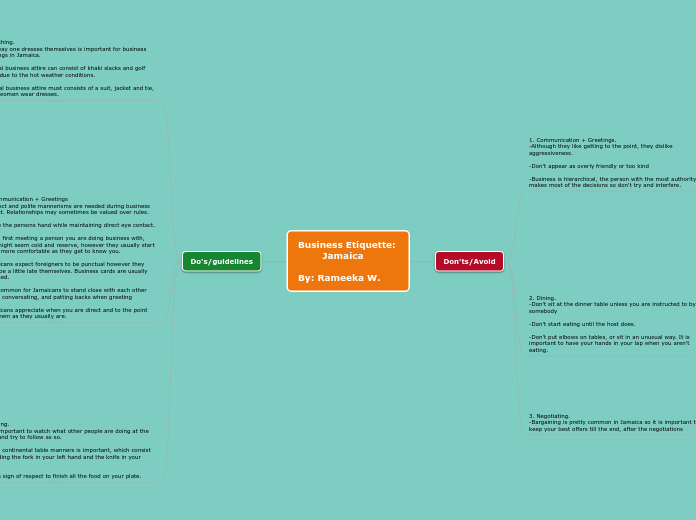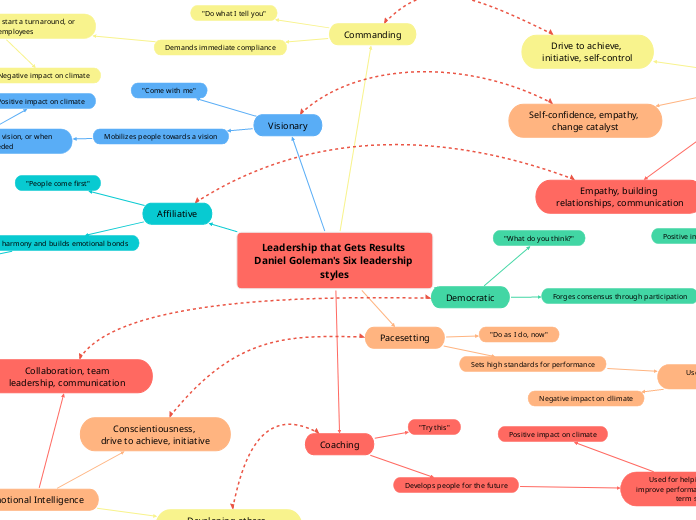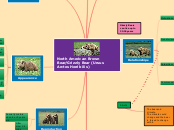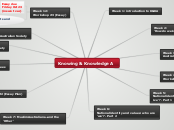Interpersonal Relationships
Skills/Qualities
Networking
Effective Communication
Network Building
Confidence
Teamwork
Collaboration
Groupwork
Leadership
Motivating Others
Delegation
Decision Making
Mentoring
Development
Duck’s Relationship Filtering Model
Knapp’s Relationship Escalation/Termination Model
Types
Professional relationship
Individuals working together for the same organization are said to share a professional relationship.
Individuals sharing a professional relationship are called colleagues. Colleagues may or may not like each other.
Family relationship
Individuals related by blood or marriage are said to form a family.
Platonic relationship
A relationship between two individuals without any feelings or sexual desire for each other is called a platonic relationship.
In such a relationship, a man and a woman are just friends and do not mix love with friendship.
Platonic relationships might end in romantic relationship with both the partners developing mutual love and falling for each other.
Love
An interpersonal relationship characterized by passion, intimacy, trust and respect is called love.
Individuals in a romantic relationship are deeply attached to each other and share a special bond.
Must have in a Romantic relationship:
Two partners must trust each other in this relationship.
A sense of respect and mutual admiration is essential.
Partners must reciprocate each other’s feelings for the charm to stay in the relationship for a longer period of time.
Friendship
Friendship is an unconditional interpersonal relationship where individuals enter into by their own will and choice.
Friendship is a relationship where there are no formailities and individuals enjoy each other's presence.
Roles
Workplace, Home, and Society
Communicate electronically.
Communicating over the phone, text messages, e-mails, or through social media are effective modes of communication.
Interact with person regularly for relationship to grow.
Daily communication will lead the relationship to the next level.
Try to understand the other person's perspective.
Be a patient listener. Unless you listen carefully, you will never be able to communicate effectively.
Be polite.
Discuss issues and try to sort out your differences amicably. Abusing, fighting, criticizing spoil the relationship and in adverse cases might end it as well. Being rude is a crime in relationships.
Be careful with your choice of words.
Think twice before you speak. Remember one wrong word can change the meaning of an entire conversation. The other person might misinterpret you and spoil the relationship. Express your feelings clearly.
Take care of your tone and pitch.
Make sure you are not too loud or too soft. Being loud might hurt the other person. Speak softly in a convincing way. The other person must be able to understand what you intend to communicate.
Theories
Uncertainty Reductions Theory
Social Exchange Theory









